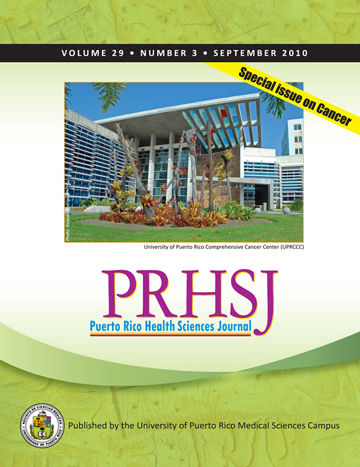Abstract
Properly disposing of antineoplastics is crucial for protecting the environment and the health of the employees who dispose of them. Despite of the evidence-based scientific recommendations and federal regulations for the appropriate disposal of hazardous drugs including antineoplastics, some institutions in Puerto Rico still do not implement them. Some companies dealing with the disposal of these products do not meet the established regulations and some health-care institutions still do not dispose of the antineoplastics in their correct containers. This situation significantly impacts on the disposal process of these toxic wastes and has the potential to become a health threat in Puerto Rico. The list of drugs classified as hazardous drugs (including antineoplastics) by the Environmental Protection Agency has not been updated since 1976. Therefore, there are many new antineoplastics that have not been included in this list. However, there are agencies that make recommendations based on scientific evidence taking in consideration the emergence of these new drugs. The implementation of these regulations and recommendations in the work setting are essential to avoid exposing employees and the environment to this hazardous waste.
Authors who publish with this journal agree to the following terms:
a. Authors retain copyright and grant the journal right of first publication with the work simultaneously licensed under a Creative Commons Attribution License that allows others to share the work with an acknowledgement of the work's authorship and initial publication in this journal.
b. Authors are able to enter into separate, additional contractual arrangements for the non-exclusive distribution of the journal's published version of the work (e.g., post it to an institutional repository or publish it in a book), with an acknowledgement of its initial publication in this journal.
c. Authors are permitted and encouraged to post their work online (e.g., in institutional repositories or on their website) prior to and during the submission process, as it can lead to productive exchanges, as well as earlier and greater citation of published work (See The Effect of Open Access).
